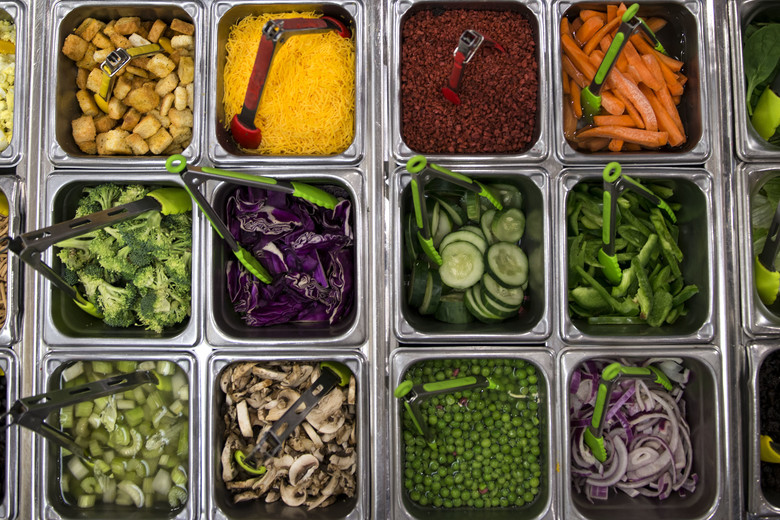Most of the menus that are used within the dining halls across campus have one option for plant-based diets. Sometimes when workers are asked what ingredients are in specific foods, they are unable to give accurate information.
This is not the workers’ fault, but with 16.4 million people across the country living with a plant-based lifestyle, how could Suffolk’s dining hall only offer one option?
Boston has some of the best food in the country, and a lot of places offer a plentitude of options for those with dietary restrictions, yet Sodexo only offers meat substitutes that are overly processed, defeating the purpose of a plant-based diet. Although it is possible for some students to eat off-campus, the inability to refund meal plans is disappointing.
Also, adding diet-based accommodations to the list of meal preparation the workers already have increases their workload without increasing the time they have. Adding more diet-based items to the menu will be increasingly taxing on the workers.
It is apparent that Sodexo isn’t well informed on different plant-based options. Bringing in some sort of presentation to educate the company on the meat industry and sustainability may result in more students choosing a plant-based diet. Students would be more willing to try new foods and reduce their meat consumption if the options available were easily accessible, nutritious and tasted good.
One of the biggest misconceptions regarding the vegetarian and vegan communities is the thought that the entire diet is pasta, bread and just carbohydrates in general. Substituting the correct amount of protein daily is difficult when all that’s offered is fried food. The lack of fresh vegetables, protein substitutes and full meal options is low when compared to the options for students without dietary restrictions.
Climate change is a hot topic in modern society and amongst progressive cities. Now more than ever, it is likely that people will start choosing a plant-based diet. Instead of offering multiple meat options, could Sodexo try harder to offer plant-based options? Plant-based meals are often cheaper and could save the university money if more were prepared instead of meat-based meals.
According to the People for the Ethical Treatment of Animals (PETA), the vegan report card – implemented in 2015 – started with just 18 schools meeting all requirements for vegan options. Now, there are over 150. They also estimate that 70% of people globally are trying to reduce or eliminate their meat consumption because of their awareness of the impacts on their health and the environment.
Considering the amount of money that students are required to pay for a meal plan, the consideration for vegetarians and vegan students needs to be re-evaluated. The majority of students that are committed to the vegetarian or vegan lifestyle take this into consideration when applying to schools and may possibly change their decision to go to Suffolk, knowing that these options aren’t available.










Robert Cirame • Feb 13, 2020 at 2:07 pm
Hello Mol,
I see you we are not meeting your expectations. Would love to buy you coffee or lunch and listen to any thoughts, ideas or personal preferences you may have.